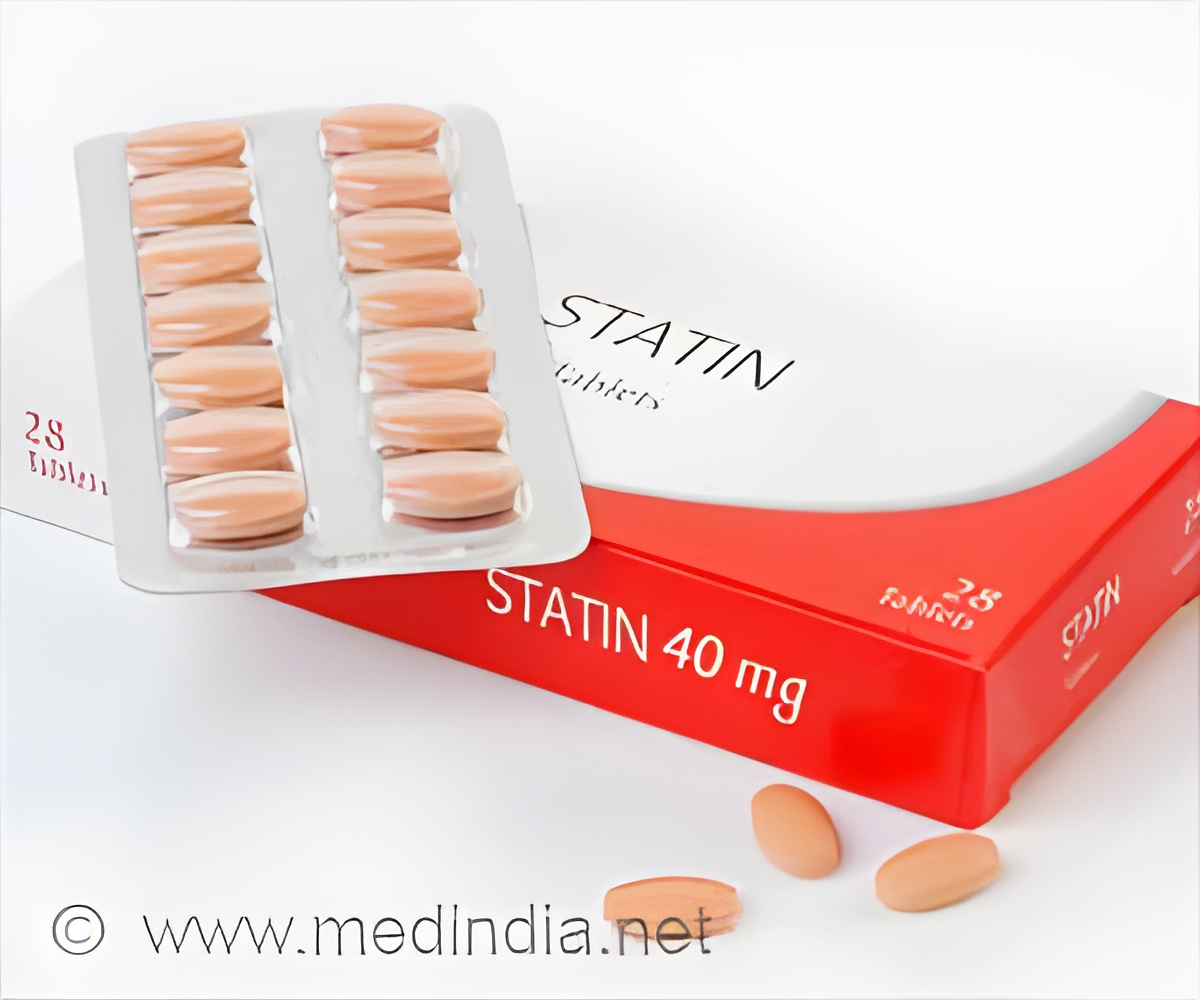MetaCardis investigators explore gut bacteria in around 900 individuals from Denmark, France and Germany to study the effect of statins on gut microbiome composition.

‘Cholesterol lowering drugs could significantly modulate the disrupted gut microbiota and linked inflammation in obesity.’
Read More..




It has for long been known that imbalances in the composition of gut microbes link with a variety of chronic human disorders spanning from obesity, diabetes inflammatory bowel diseases to depression, schizophrenia, autism and Parkinson.Read More..
In addition, it is known that unhealthy dieting and use of some medications, for instance stomach acid neutralizers, the so-called proton pump inhibitors, are associated with a further disruption of the microbial communities of the gut.
The intestinal microbiota in obese individuals had previously been shown to differ from those in lean subjects with a poor bacterial diversity, a relative depletion of health promoting bacteria and the remaining bacteria dominated by an inflammatory tone.
In their Nature article, the researches now define a cluster of bacteria called Bact2 enterotype, which is found in 4% of lean and overweight people but in 18% of obese individuals who did not use statin drugs, a group of cholesterol lowering medications.
However, in other obese study participants who were treated with statins, the prevalence of the unhealthy Bact2 enterotype was significantly lower (6%) than in their non-treated counterparts (18%) - comparable to levels observed in non-obese participants (4%). The same trend was validated in a Flemish study sample of about 2000 participants.
Advertisement
The results suggest that statins could potentially modulate the disrupted gut microbiota and linked inflammation in obesity.
Advertisement
Obviously, clinically controlled human trials are needed to address whether statins mediate some of their anti-inflammatory effect via an improvement of the Bact2 enterotype of an aberrant gut microbiota.
Source-Eurekalert












